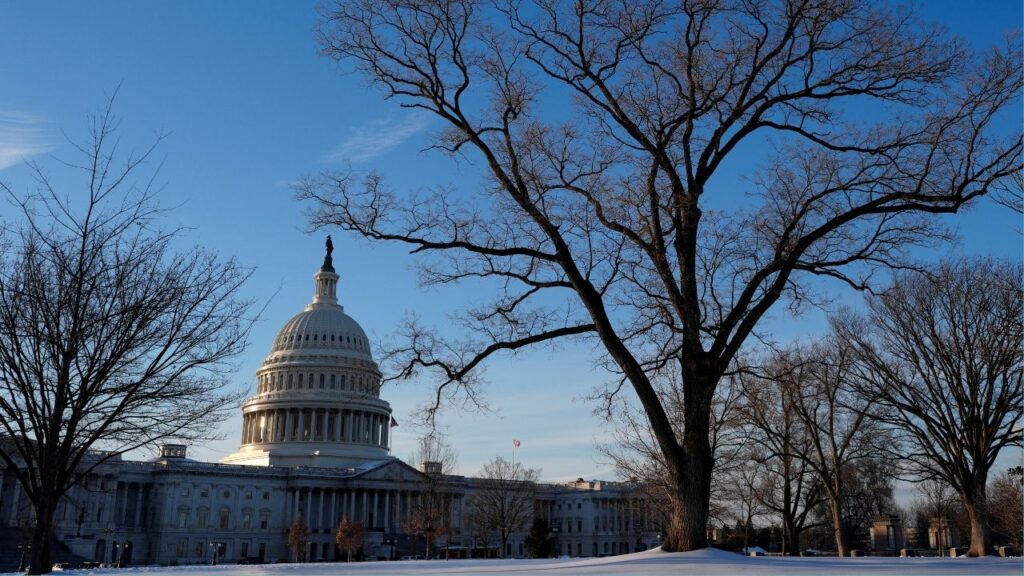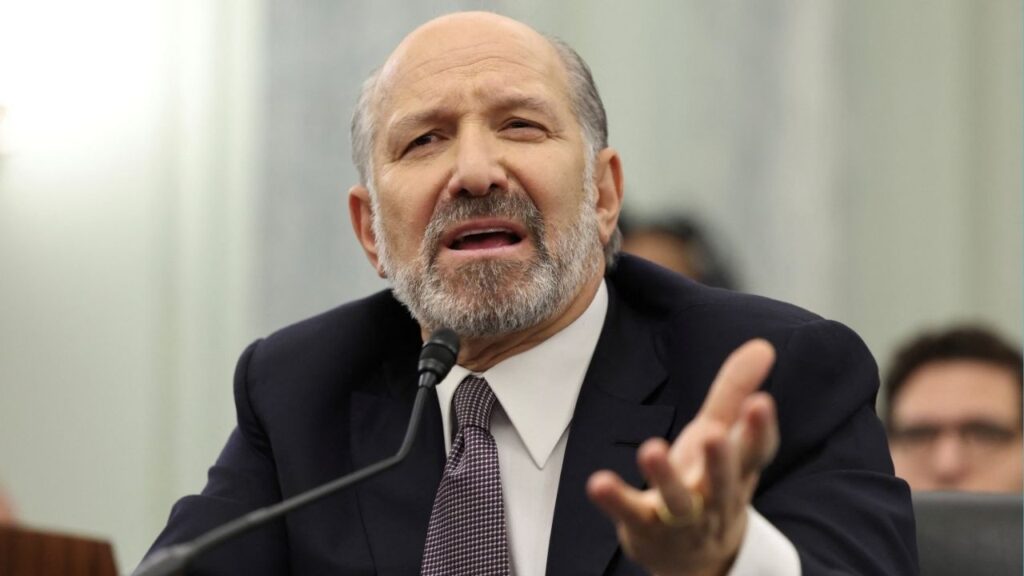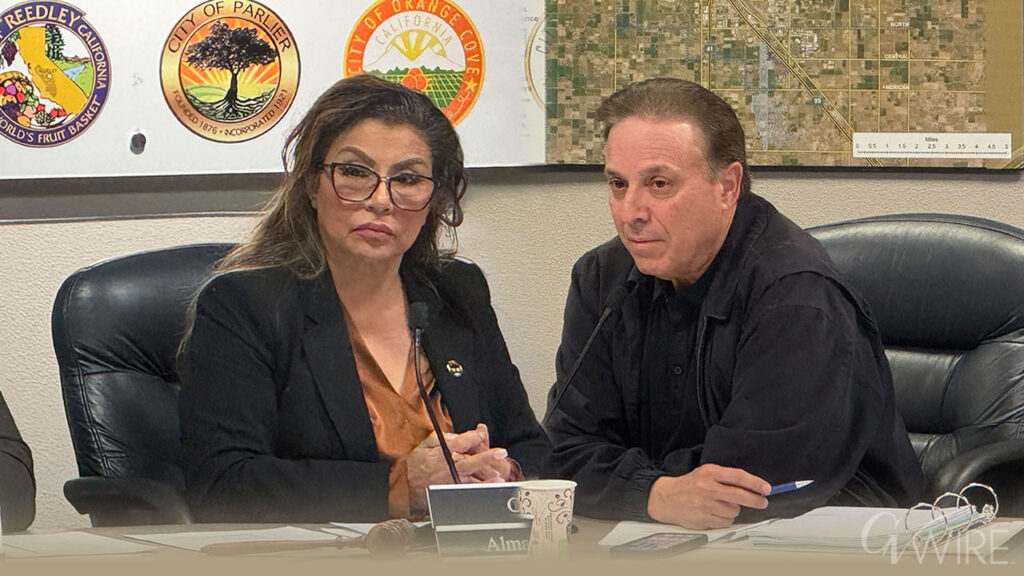Share
California’s state auditor is about to explore how well the California Air Resources Control Board’s is doing in its oversight of greenhouse gas reduction programs related to transportation.
The auditor’s office posted the scope of its upcoming audit on the department’s website.
It includes the following activities:
- Identify the number and type of CARB’s GHG emission reduction programs in the transportation sector.
- Whether CARB assesses the effects of the programs on communities and households after it has implemented those programs.
- The programs’ cost-effectiveness, including social benefits and costs, and compare them to other GHG emission reduction programs, such as the cap-and-trade program.
- Assess whether changes to GHG emission reduction programs in the transportation sector should be addressed through changes to state law or regulation.

“It makes me angry because I know that those dollars could be of benefit here in the Central Valley where we have the highest rate of pollution in the nation.”–State Senator Melissa Hurtado, D-Sanger
At the same time, state Senator Melissa Hurtado, D-Sanger, tells GV Wire℠ she’s also open to looking at the state’s use of cap-and-trade program. The program works like this:
- The state sets a cap on total greenhouse emissions.
- Industries must meet that mark by reducing its emissions.
- It can also buy a permit to pollute a bit more.
“We need to be focused on how we’re going to help struggling families the most,” said Hurtado. “Look at where there’s wasted dollars and how we can better use those dollars to benefit the families of California.”
State Senator Scott Weiner, D-San Francisco, just filed Senate Bill 260, the Climate Corporate Accountability Act, to require U.S.-based companies, those doing business in California and generating over $1 billion in gross annual revenue, to disclose all of their greenhouse gas emissions and set science-based targets to reduce those emissions.
“We’re in a climate emergency and have no time to lose to spare our planet the worst impacts of climate change,” said Senator Scott Wiener in a press release.
Tropical Forest Standard
The current state audit will not extend to the controversial ‘Tropical Forest Standard‘ approved by CARB in 2016. But one Central Valley senator thinks the program deserves another look.
“The Tropical Forest Standard will identify the types of tropical forest protection initiatives that could be integrated into California’s prominent cap and trade system. It does this by allowing industries to offset a small part of their carbon emissions by paying countries in the tropics not to cut down their trees,” wrote Joanna Durbin. She’s the director of the Climate Community and Biodiversity Alliance at Conservation International and a key participant in the development of the standard.
GV Wire℠ brought this program to Hurtado’s attention when she visited the Fresno Fairgrounds for a press event with Gov. Gavin Newsom.
“It makes me angry because I know that those dollars could be of benefit here in the Central Valley where we have the highest rate of pollution in the nation,” said Hurtado. “But I also don’t know to what extent or for what purposes those dollars are being used. It’s something I mentioned at a hearing that was held at the beginning of last year.”
Hurtado says there’s always more to learn about where resources are being put and where they can best be utilized.
The San Diego Union Tribune reported in 2019 that the standards outline minimum requirements for developing a carbon-offset program aimed at slowing deforestation in South America, Africa and Southeast Asia.
[activecampaign form=25]


















